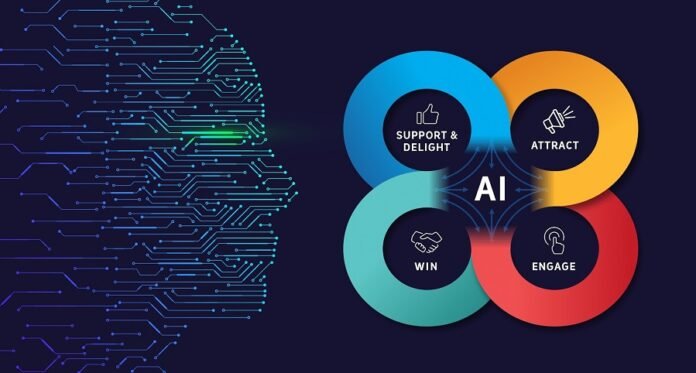AI services are what allow online shopping websites to recommend products and virtual assistants to understand your voice commands. AI is a rapidly growing technology that can transform industries like healthcare, finance, and transportation. With cloud computing, businesses of all sizes can access AI services without expensive hardware or specialized expertise. This article will introduce AI services and explore how they can enhance operations and customer experiences. Whether you’re a small business owner or a software developer, understanding AI services can keep you ahead in today’s digital landscape.
Artificial Intelligence (AI) services are rapidly evolving, and their impact on various industries is undeniable. However, with all the benefits that AI services bring, there are also numerous challenges that come with them. In this article, we will discuss some of the challenges of AI services.
- There is a lack of transparency. AI services lack transparency, which is a significant challenge. The complexity of AI algorithms makes it difficult to comprehend their functioning. Transparency is crucial, particularly in critical decision-making processes like healthcare or finance, to know how AI services reach their conclusions. This is necessary to build trust and ensure accountability.
- The topic at hand is data bias. AI services need data to make decisions. But data can be biased, leading to biased AI algorithms. Biased AI can make unfair decisions, especially on sensitive issues like race or gender. To prevent bias, it’s important to use diverse and unbiased data to train AI algorithms.
- Issues related to privacy. The collection of large amounts of data by AI services has raised privacy concerns, especially when the data is sensitive, like medical or financial data. To ensure data privacy, it is important to establish regulations governing the collection, storage, and use of data by AI services.
- There is a disparity in the skill sets of workers in certain industries. The AI industry requires skilled professionals, including data scientists and AI engineers, but there is a notable skills gap that can impede the availability and scalability of AI services.
AI has been in the news for years. It changes how we live and work, with things like Siri and self-driving cars. What happens next with AI services, and what does it mean for people and businesses?
AI services have a promising future with new innovations on the horizon. The development of autonomous systems, including drones and robots, is an area of growth. These systems can perform tasks that are too dangerous or difficult for humans, such as deep-sea exploration, mining, and construction work.
Natural language processing (NLP) and speech recognition technology have seen continued development. This technology enables machines to understand and respond to human language, facilitating interactions between humans and AI systems. As a result, more intelligent chatbots and virtual assistants are being developed and deployed, allowing the completion of complex conversations and tasks.
The use of AI services has caused significant changes in the business landscape, and this trend is predicted to persist. By utilizing AI-powered analytics tools, businesses can make more informed decisions by quickly and accurately analyzing large amounts of data. In the future, we can anticipate the development of more advanced analytics tools that can forecast future trends and assist businesses in maintaining a competitive edge.
Must Read: How to Turn OFF or Disable Camera on Mac



































































